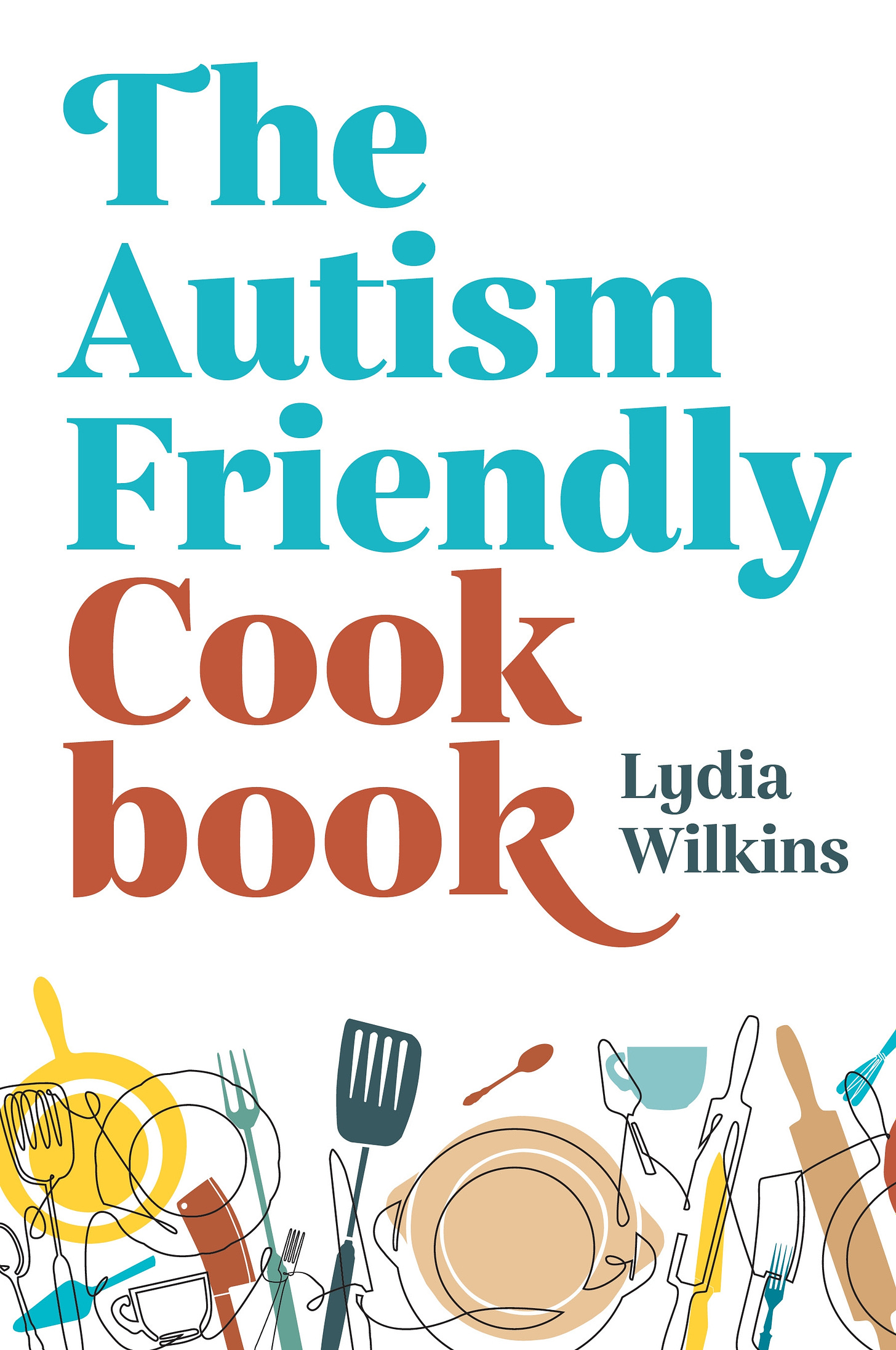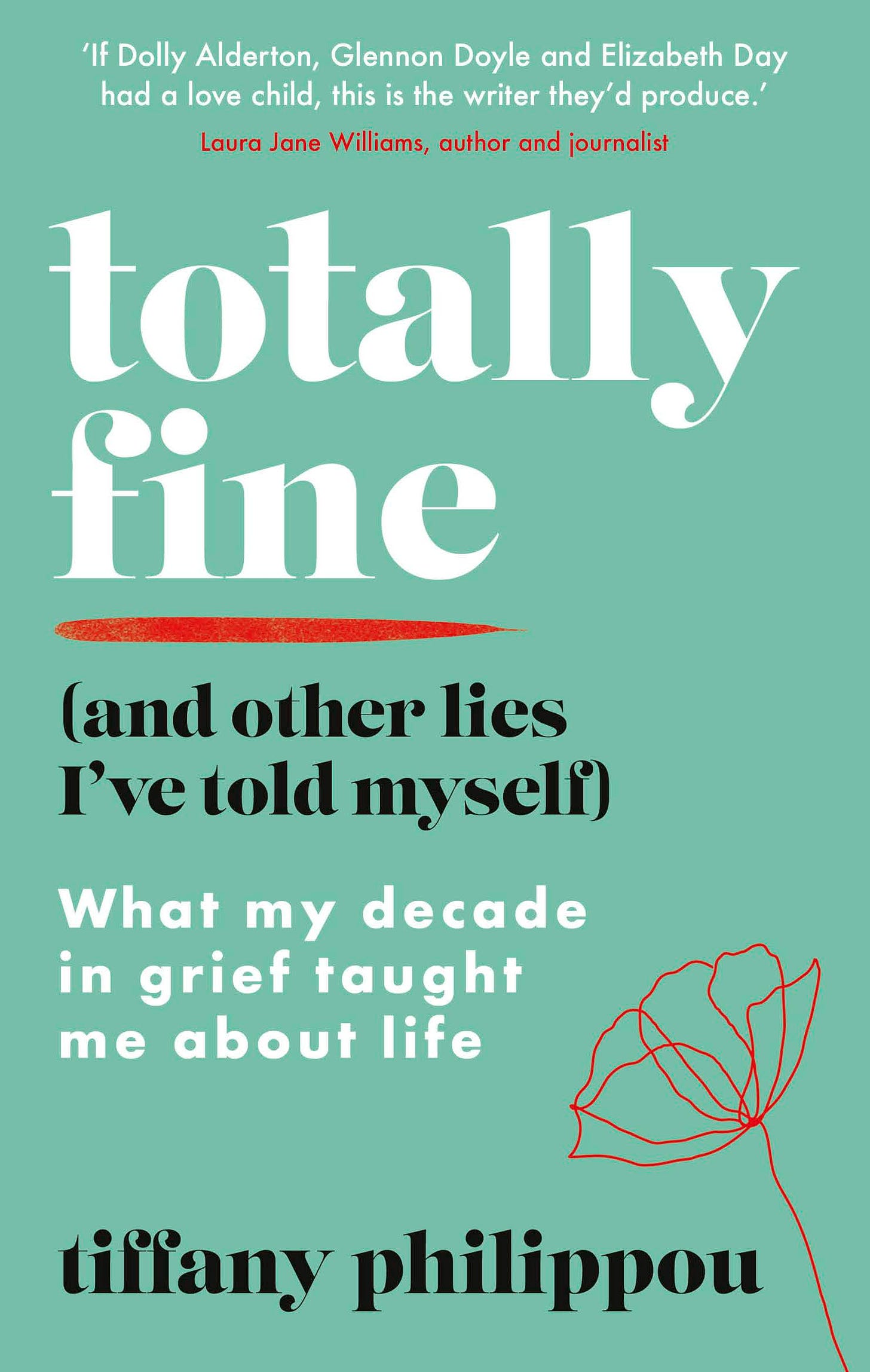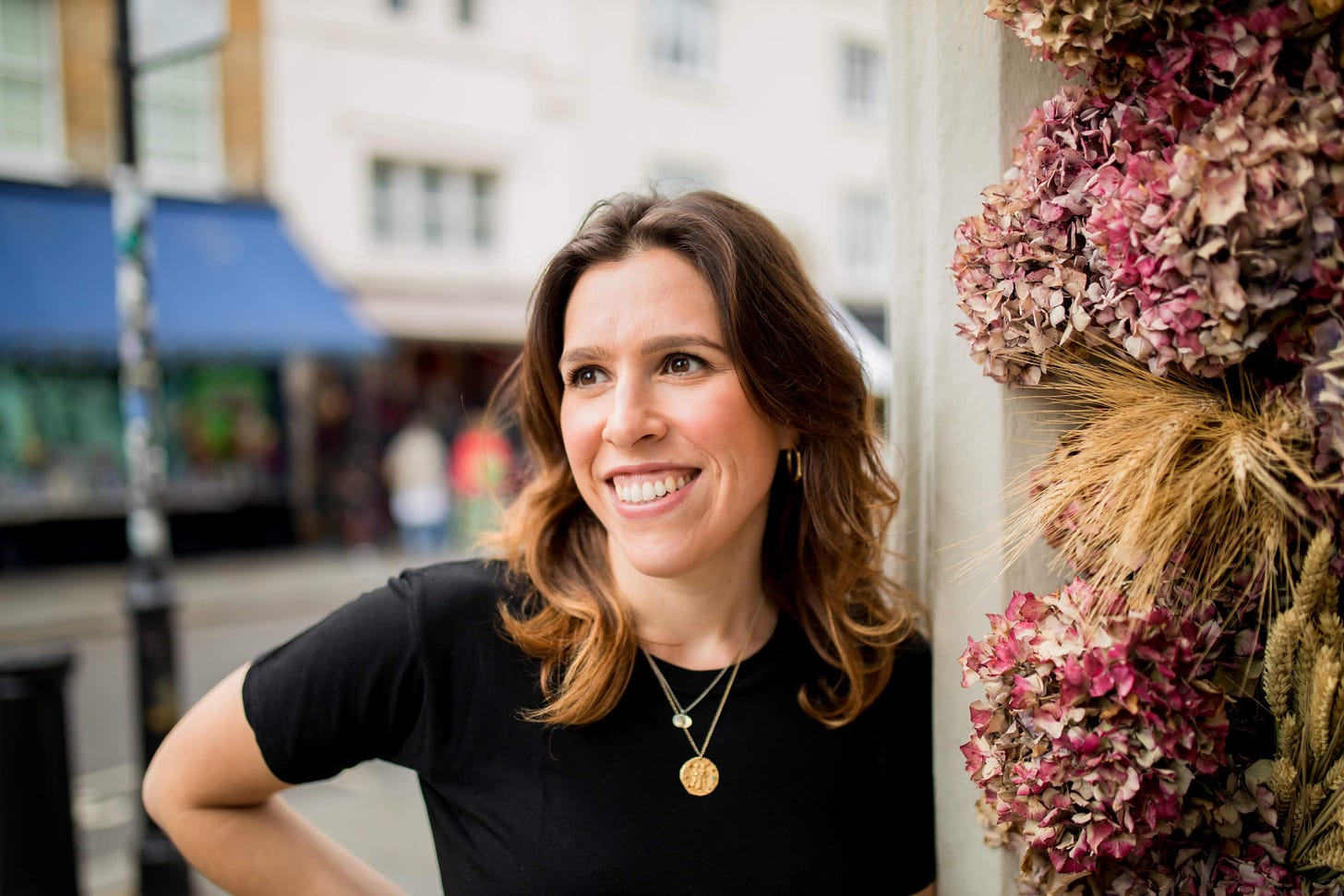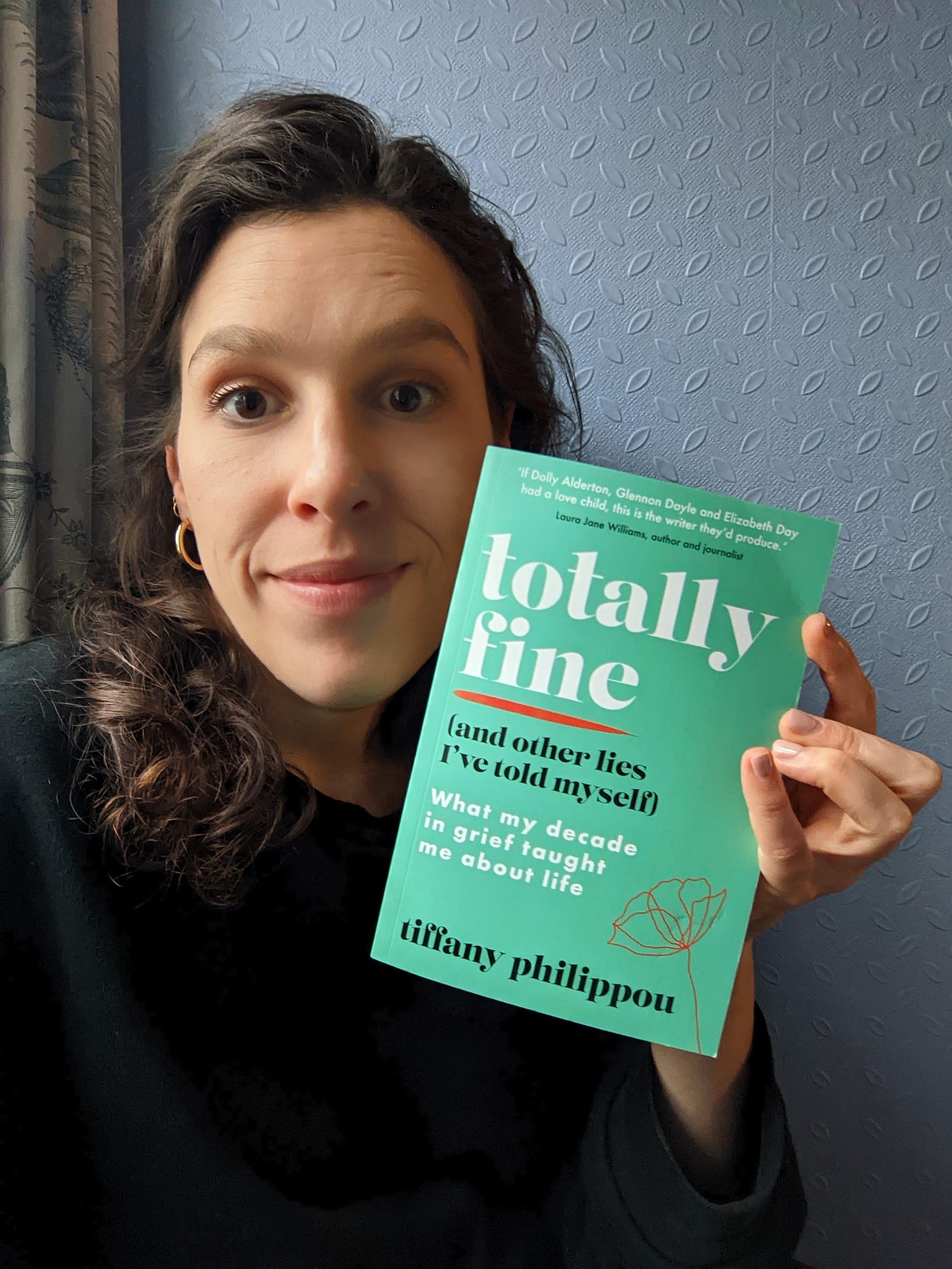What Happens When We're Not Totally Fine?
An interview with writer and author of Totally Fine, Tiffany Phillappou
Grief is a funny thing, isn’t it? Over the last 2 and half years, we have all had to deal with this - and we have not exactly put together a way in order to collectively deal with such an experience, either.
I am a massive fan of Tiffany Phullappou and her writing, enough that I have written about her, and referred to her several times in this newsletter. After I was out of quarantine, I’d stayed in Soho for almost a week - and it was quite cathartic. I made a trip to Foyles bookshop at last to get a copy of Totally Fine, Tiffany’s relatively new memoir, and started reading.
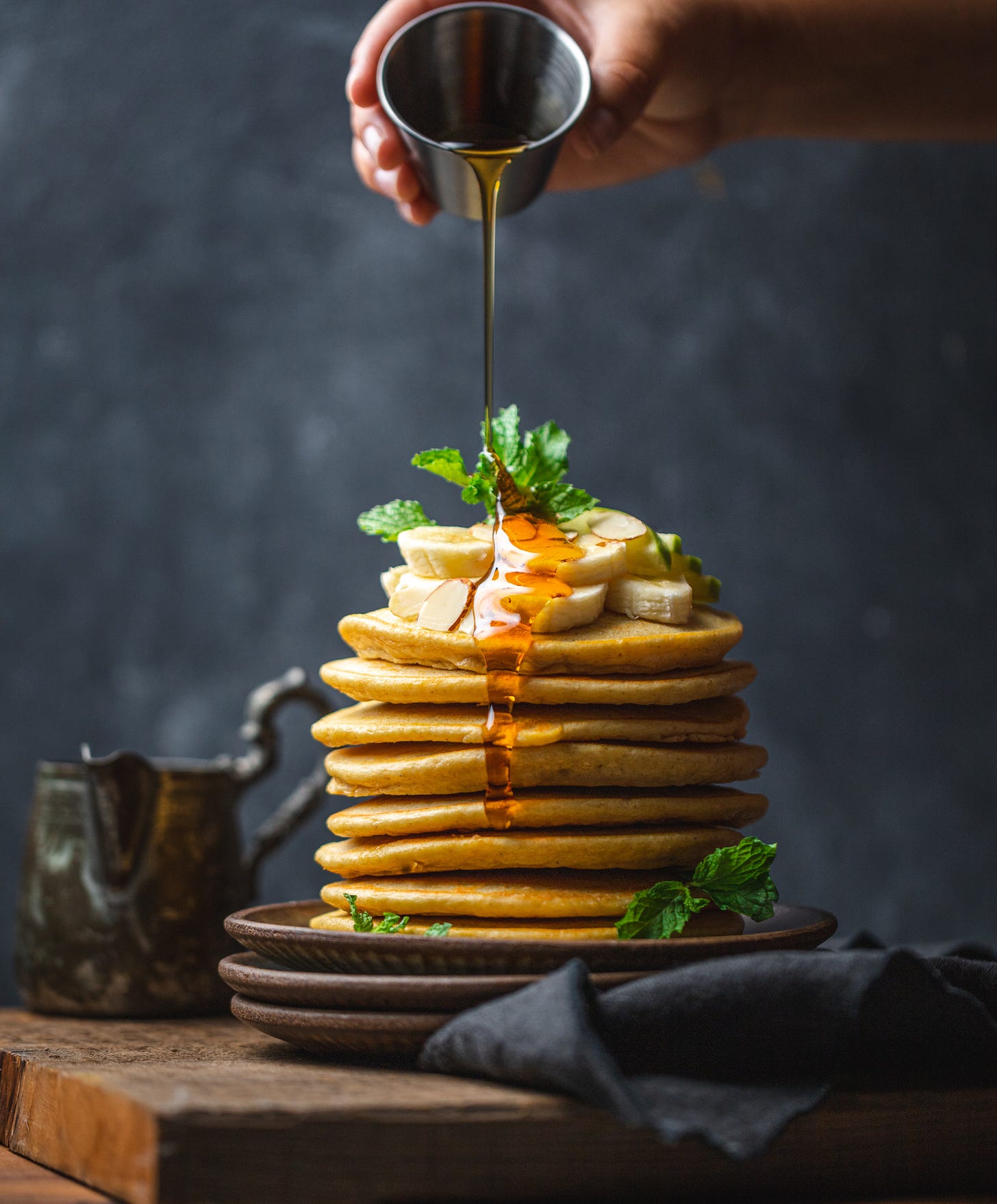
It’s an antidote to a lot - kind of akin to a warm hug in that pages of a tiny paperback - and I treasure having come across it.
I’d wanted to interview Tiffany for a little while. There’s a wide range of topics in the book, and food and grief is also something I wanted to explore, too. The final chapter in the book is beautiful; I was delighted when Tiffany agreed to be interviewed.
See you next week for the next podcast episode!
Natasha Lipman, journalist and host of The Rest Room podcast: “The Autism Friendly Cookbook is a striking manifesto on the importance of accessibility in cooking. With adaptations front and centre, this book from Lydia Wilkins is sure to become a kitchen staple.”
Steve Silberman, author of NeuroTribes: The Legacy of Autism and the Future of Neurodiversity: “Cooking is one of the foundations of independent living. This charming, inviting book is designed to make this basic life-skill accessible to everyone. It's not just a collection of tantalizing recipes, it's a celebration of autistic community.”
Chloe Johnson, editor at Disability Review Magazine: “A delightful guide full of important information for neurodivergent foodies - we've needed this for years!”
Hi Tiffany, thanks so much for agreeing to this interview - and congratulations on the publication of Totally Fine. Would you mind telling us a little bit about how you started writing the memoir?
Thank you! Gosh it happened almost by accident, which makes me believe in *things* - I never wanted to be a writer, but now I can’t imagine my life without writing in it. About four years ago, an old friend and mentor who’s a poet himself, recommended I go on a memoir writing course. I didn’t think too much about it, but just signed up and I wrote my first chapter about Richard and his death there and then. It poured out of me. I hadn’t spoken about what had happened for a decade and there I was, suddenly reading out the first chapter of my book. I obviously had it sitting inside of me for a while and it was like my story was a caged animal, desperate to be set free into the wild.
I now try to follow droplets of opportunity as they come to me as you never know what will come of them. Life’s a playground! Go on short courses, learn new things. That one suggestion from a friend almost in passing is something I could have missed, but something in me actioned it and it’s been life changing.
You've also written and spoken previously about the stereotype of writing being cathartic - whereas by contrast you maybe disagreed with this. Would you mind talking us through that a little bit more?
I found it belittling when (some) people said writing my memoir must have been therapeutic because there was more to it than that. I created something for public consumption. It was important to me that it had a message and something people could take from it. My book served a purpose by aiming to tackle some of the shame and stigma around suicide and grief. I wanted it to be an enjoyable read - people tell me it’s a page turner and that makes me happy. Life writing is still art! I’m still creating something for others. It’s not just publishing my diary - thought and work went into the craft of the thing.
BUT at the same time, it was something I needed to do and I find it interesting (pointed out to me by my therapist) that it was a month after the publication of my book that I moved in with my partner. So in a way, there was something about putting that story to bed and making peace with it after so many years of silence that allowed me to move forward with my life.
Like what you see? Click the button below to subscribe to this newsletter for irregular updates.
Grief, when it comes to a pandemic, is something of a universal experience - and it was quite prescient for your memoir to come out! Would you mind speaking to that?
Yes, grief hit the public lexicon a bit more during the pandemic. People were losing loved ones, people were losing the joys of their daily lives, social interactions and missed opportunities like meeting a partner to start a family with. There was also a lot of life change - job loss, heartbreak etc. during this time. I think giving space and time to the experience of grief and loss is important and it’s good that we are developing our language for talking about these experiences. What I’ve learnt is whether it’s the death of a loved one or job loss, a lot of pain comes from not feeling legitimate in the depth of your feelings and so hopefully by deepening our understanding of grief and allowing ourself to feel all the feelings, without judgment, can help us process and move forward.
I still don’t think I’ve fully processed what the hell happened during the pandemic and how traumatising that time was (and continues to be) for us. I have nightmares thinking about masks, the rule of six, tiers, PINGs all this mad and awful stuff that disrupted our way of being. Imagine if in 2019 you’d told yourself you were going to be put in lockdown. I remember reading that in the news about Wuhan and thinking that was nuts.
So we’re also grieving for time lost. It’s very painful to think about.
This newsletter relies on being shared to grow; click the button below to share with your social media network.
The last chapter is something quite remarkable - in how you express having come full circle, and, effectively, choose a life of the living. It's also centred around an occasion involving food, too. In the aftermath of grief, what do you think is needed in order for individuals to reach such a point?
As you say - food and people! While my book is a story of struggle with my grief, the kindess and warmth of the people around me is everything. In my acknowledgments, I thanked my family for always feeding me. Food is love and I’m half-Cypriot and it’s engrained in my blood and culture to gather around food. It’s true of most cultures, actually. Life is so simple, yet feels so complex and that’s something I wanted to commmunicate in the book. It’s a framework for decision making in life - what matters, what’s important and I’ll let you read the book to find out…
Why is it, do you think, that we have an attitude of presenting everything is 'totally fine' - when very often it's not?
We often lie to ourselves about how we feel because it’s too painful to admit the truth. We also often feel shame for the depth and hurt of our feelings - I’ve noticed that it’s a recurring theme when speaking to people for my podcast, Totally Fine with Tiffany Philippou that we shame and silence our reactions as they don’t feel ‘legitimate’.
We also want others to feel comfortable, even in the worst moments - it’s a natural, human thing. We might be in the depths of something awful and still feel self-concious and aware of people around us. That was something I wanted to capture in my book, too - how aware we are of others when we’re grieving and how isolating that can feel.
Talk to me about the process of crafting your memoir; how did that begin?
I always had a strong vision for what the narrative arch would be, how many years it’d cover and what scenes were going to be in there. I wouldn’t always know why certain scenes or conversations were important, so it was like a journey of discovery to connect the dots and see how it all fitted into the story. It was fun in a way. I loved conjuring up scenes, going back to the time and putting myself in that mentality. It was painful and difficult at times, but (let’s say cathartic!) to confront and spend give so much headspace to a time that I’d been trying to run away from for years.
Process-wise - I would not have written it without the structure of London Writer’s Salon and meeting up on Zoom to write with other writers. I also made it my priority, which means starting each day working on it and when I was working on my proposal for example, dropping other work to respond to feedback on it. I still do that now - start the day with writing or it doesn’t get done. Not everyday by the way and that’s also fine. I find it funny how much is talked about the writing process when it’s so simple - put your phone away, bore yourself so the only thing to do is to write and make it a priority. AND accept there are times when you just aren’t in the mood.
You also need to confront your fears if you are putting off getting it down and make sure you have a clear purpose to your writing. We can self-sabotage because writing and sharing your work is scary. Achieving your dreams or doing anything new or different is scary. The brain is naughty and tries to keep us safe and in the status quo. I’m often having a word with myself - do I want to spend my day dicking about on Instagram or do I want to write the thing? Also writing should be fun, there’s so much intensity and stress to it - I think of it as playtime! I guess that’s helpful that I’m not a full-time writer because nothing beats the feeling of being in the flow with my writing.
And one last question: what happens next?
Big question! This memoir was the focus for so many years that I felt weird once I’d got to that goal. It also wasn’t the life-changing moment I think part of me, if I’m being honest, thought it might be. So I had to just be and sit for a bit and live life for a while and think about what comes next.
I was so obsessed with this book for 3 years; I hadn’t thought about what comes next. But now it’s been 6+months since it’s come out and I’m slowly bringing my newsletter back, working on a book proposal, writing ideas and thoughts on my phone notes constantly, showing up to writers hour and I’m doing a screenwriting short course in November - so things are coming when they’re ready.
Make sure you visit Tiffany’s website; all her podcast information is available here. And you can buy her book by clicking here. (It’s on offer on Amazon!)
How You Can Help
As we move towards publication day of my debut book, here are some ways you can support the book, and me:
You can now pre-order The Autism Friendly Cookbook! Here are all the relevant links to do that. (And if you read on, there’s a discount code to do exactly that, too.)
You can subscribe to this newsletter for free updates 😉
And.. you can also listen to my new podcast! Subscribe, rate, review, too.
If you’d like to leave a small tip to support this free newsletter, please consider buying me a coffee via Ko-Fi here.
Come chat with me on social media! I’m on Instagram and Twitter.
If you enjoyed this interview, please consider supporting this newsletter by buying me a cup of coffee. Click the button below.



